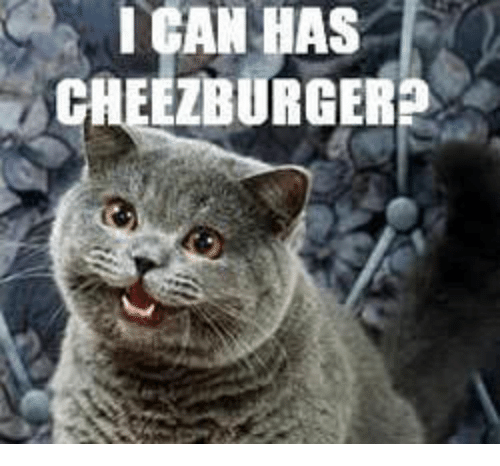Obsolete and Unashamed
by Bob Buddemeier
Those of us who frequent RVMlist have many opportunities to view compilations of “old stuff” — some nostalgic, many humorous, but mostly with a theme of “people nowadays don’t understand what it was like back in the day.” Telephones, toaster ovens, TVs (or lack thereof) and the ever-present ’57 Chevy. Some of the archaic icons I can relate to, some I can’t — my first car was a ’47 Nash. Major irony — the kid who couldn’t get a serious date had a car in which the back seat made into a bed.
It may be that my tendency toward being culturally crosswise inspired me (so to speak) to consider the subject backward – that is, in terms of the things that modem people take for granted that have passed me by. Or for which I have pulled over to allow them to go around, which is more often the case.
However, every so often I get curious enough about what I have missed to try to find out a little about what is going on out there in the world, and why. I get most of my news from newspapers, but not whole newspapers —individual articles deflected into Google News. I think — and hope — that this provides a lopsided view of things. If so, it could explain why, several years ago, I began to wonder who these Kardashians were, and what they did. After a little on-line research, I ultimately discovered that what they did was pose for photographs and engage in dysfunctional relationships, which is considered newsworthy in some circles.
 Which led me initially to the concept of the synthetic celebrity, on the basis of the idea that a celebrity is something to be celebrated. That would make “synthetic celebrity” an oxymoron, but on further reflection I decided that it was actually a redundancy. In modem American English, it seems to me that “celebrity” is rarely applied to anyone who has much of any redeeming social virtue or utility. Can you imagine calling Dr. Fauci a celebrity? Martin Luther King, Jr.?
Which led me initially to the concept of the synthetic celebrity, on the basis of the idea that a celebrity is something to be celebrated. That would make “synthetic celebrity” an oxymoron, but on further reflection I decided that it was actually a redundancy. In modem American English, it seems to me that “celebrity” is rarely applied to anyone who has much of any redeeming social virtue or utility. Can you imagine calling Dr. Fauci a celebrity? Martin Luther King, Jr.?
So it is with the Kardashians — manufactured plastic fame, coated with synthetic sweeteners. The eagerly awaited further adventures of Khaki, Komi, and Krum and their consorts-of-the-moment provide us with little more than a regrettable excuse to look down on the already-beleagured people of Armenian ancestry. [Contest above left: guess the Kardashian]
My latest — and ongoing — cultural research activity is, if I do say so myself, a trifle more high minded. What, I asked myself, are these “memes” that everybody refers to? I got the general idea that they are some sort of upscale emoticon that people are supposed to recognize as a surrogate for a complex concept.
On investigation, I found that their present popularity, somewhat like that of the Kardashians, is intimately linked to the internet. It all started out with Richard Dawkins (if you don’t know who he was, read on anyway — he’s not a real celebrity; that would be an oxymoron). He invented the term as a cultural analog of “gene” — the basic unit by which culture is transmitted from one (cultural) generation to the next.
I’m OK with that, but as I delved a little deeper, I ran into some conceptual problems. For example, it turns out that the picture of the girl staring at her boyfriend as he stares at another girl’s butt is a meme.
is a meme.
So are the LOLCATS (example at right). And Sign Bunnies. And Poe’s Law (“it is nearly impossible to tell the difference between satire of extremism and actual extremism on the internet”).
Dawkins predicted that cultural evolution would be incredibly fast compared to biological evolution because of the speed with which internet-accelerated memes could move, mix, and mutate. IMHO, with a strong emphasis on the mutation.
When asked about recent usage, Dawkins said “So when anybody talks about something going viral on the internet, that is exactly what a meme is and it looks as though the word has been appropriated for a subset of that.”
Well, fellow fogies, are you still with me? If so, start slowing down, because I’m pulling over to the side of the road again. Probably for good, this time.
[Wondering if I just made this up? Check out:
https://www.sciencefriday.com/articles/the-origin-of-the-word-meme/]



Leave a Reply
Want to join the discussion?Feel free to contribute!